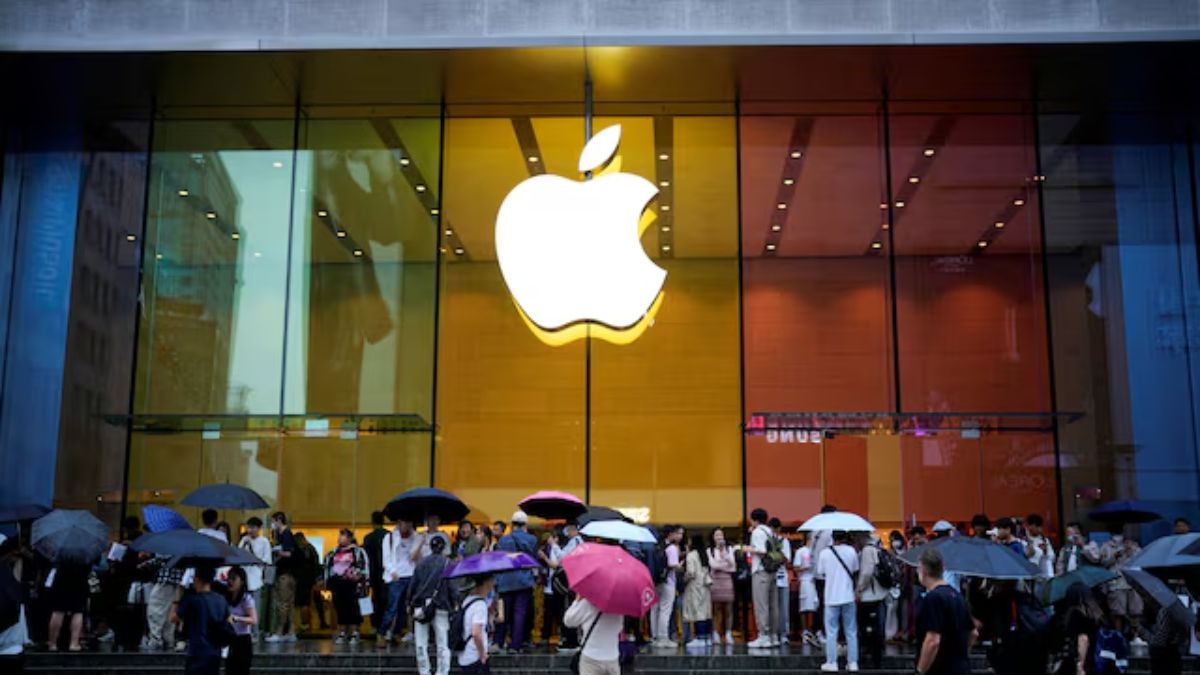Apple shares were up 4.3 per cent on Tuesday after a US federal judge spared its search engine deal with Google in a judgement.
As per the Google-Apple search engine arrangement, Google pays $20 billion annually to Apple to ensure that Google remains the default search engine on Apple’s Safari browser in iPhones, iPads, and Mac computers.
In a judgement in case filed by the US Department of Justice, judge Amit Mehta ruled that the Apple-Google arrangement could stay. He ruled that Google could enter into arrangements that make its search engine the default option in browsers, but it could not enter into exclusive contracts for internet search.
“Google is permitted to pay browser developers, like Apple” but the partner company must promote other search engines, offer a different option in various operating systems or in privacy mode, and are allowed to make changes to the default search settings annually, the judge ruled, according to Bloomberg.
“Cutting off payments from Google almost certainly will impose substantial —in some cases, crippling— downstream harms to distribution partners, related markets, and consumers, which counsels against a broad payment ban,” ruled Mehta.
For context, the search engine arrangement with Google brings Apple around 20 per cent of its services revenue and 17.5 per cent of its operating income.
After Mehta’s ruling, Google’s shares were also up 8.7 per cent on Tuesday.
What was DOJ’s case against Apple & Google?
In 2020, the DoJ filed an anti-trust case against Google and the search engine arrangement with Apple was at the centre of the case.
The DoJ argued that Google illegally maintained a monopoly in online search and search advertising through exclusive deals that stifled competitors like the Bing search engine of Microsoft.
Impact Shorts
More ShortsThe DoJ sought the forced divestiture of Google Chrome browser, potential divestiture of Android operating system, complete termination of all exclusive search deals (including the Google-Apple deal), and mandatory sharing of Google’s search data with competitors, and ban on Google’s artificial intelligence (AI) investments to prevent the company’s monopoly to AI.
In his judgement, Mehta said that Google was not required to sell Chrome or Android and was not required to stop payments to Apple under the search engine deal. However, he ruled that Google was required to share data with competitors and cease exclusive deals. He also ruled that while Google could enter into paid arrangements, partner companies must promote other search engines as well.
)